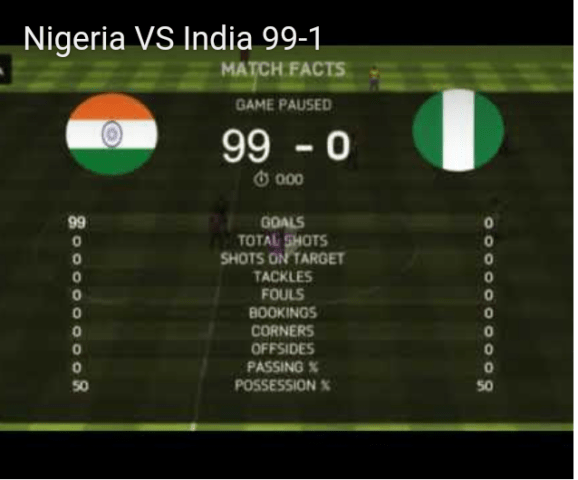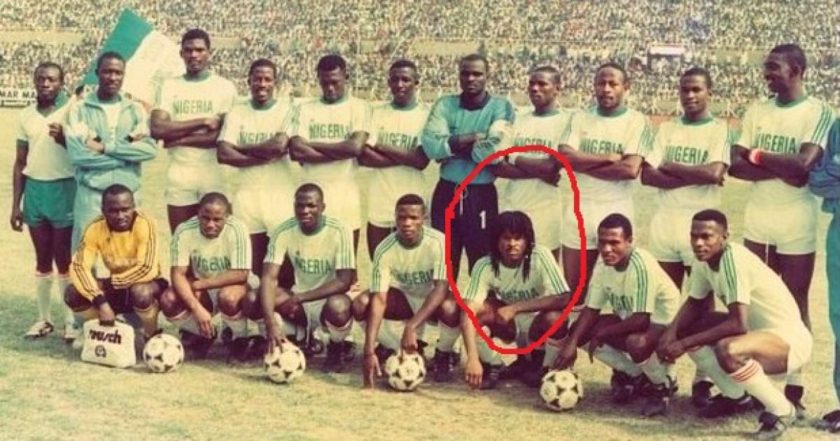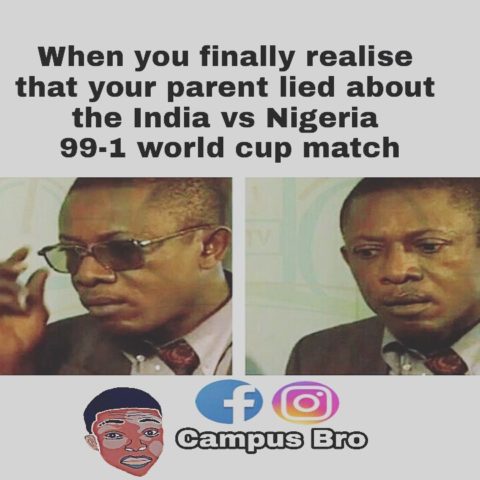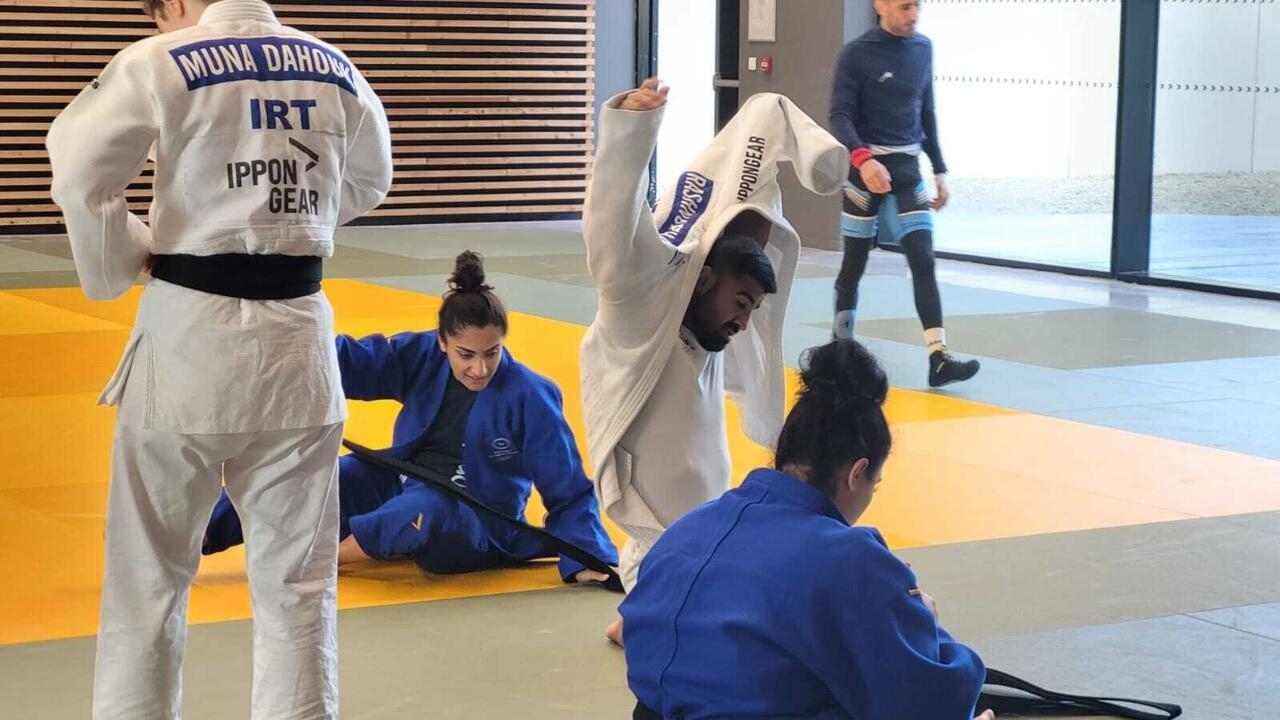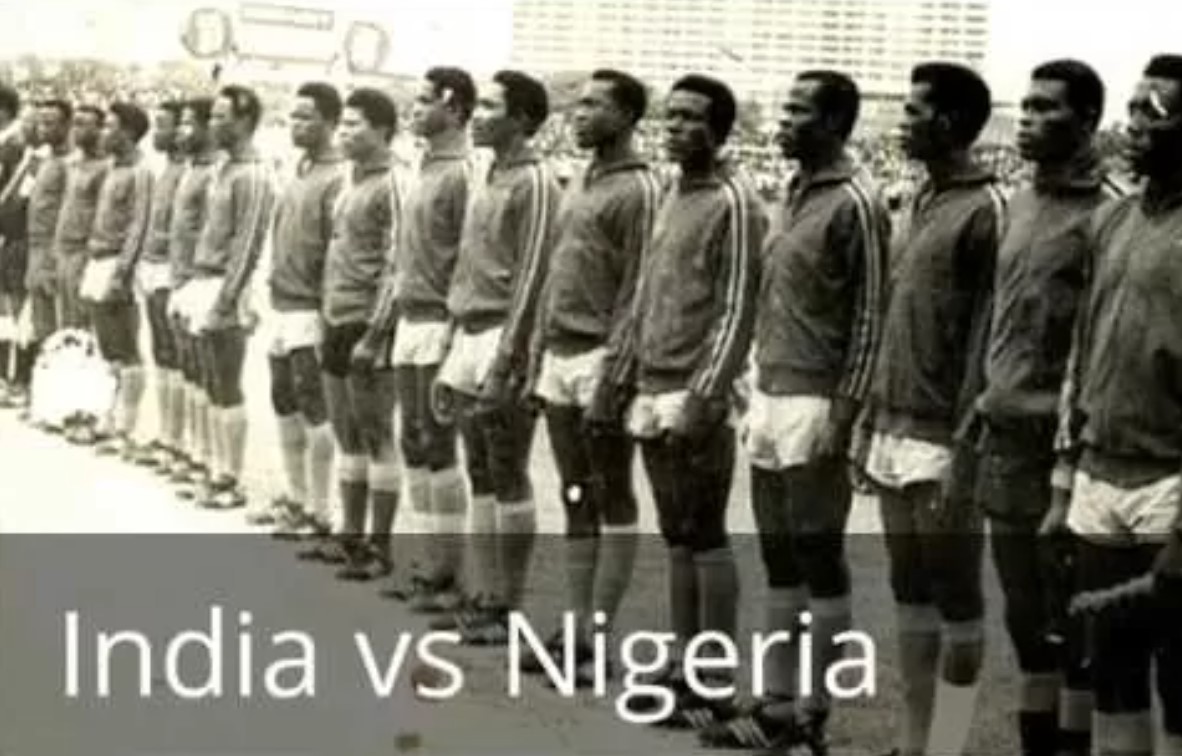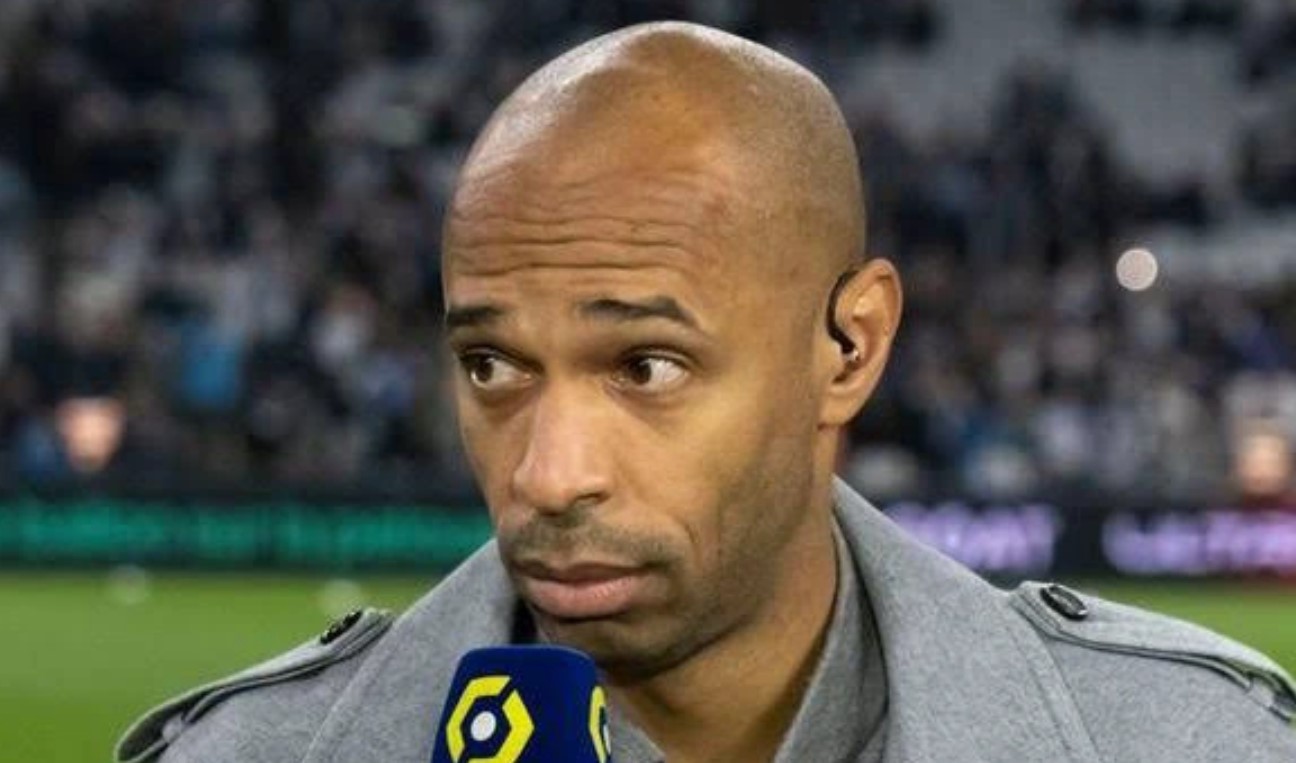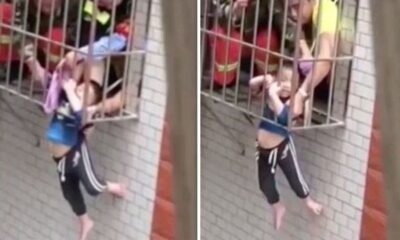They will be the second team to parade on July 26 on the Seine, behind the Greek delegation, during the opening ceremony of the Paris 2024 Olympic Games. Little known to the general public, the Olympic refugee team has been growing and becoming more and more established since the Rio 2016 Games. Meet its athletes with extraordinary backgrounds whose dream of participating in the competition and representing more than 100 million refugees is coming true today.
From our special correspondent in Bayeux,
« Bam, bam, bam! » The blows of hands and feet on the training targets make an incredible din amidst which the shouts of the athletes pierce. The day has barely begun and the sweat is flowing freely. The young Syrian Adnan Khankan takes off his kimono jacket, wipes his face and grabs his mobile phone. With oriental music playing loudly, he re-energizes his new comrades for an interminable series of push-ups.
In this gymnasium in Bayeux, a symbolic town in Calvados for its history during the Landing, athletes from combat sports, boxing, judo, wrestling and taekwondo train tirelessly to be ready for the I of Paris 2024. A few steps from the hall in a stadium, others are doing laps on foot, on bikes, while upstairs a young Afghan girl is reproducing her breakdancing demonstration in front of a gigantic mirror. Twelve sports in total are practiced here.
Outstanding athletes…
The athletes met for the first time just 48 hours ago, some of them having taken refuge in Germany, the United Kingdom, the United States, France, etc. Everyone is in a good mood, laughing and joking. It’s the first time we’ve all met and it’s a unique and very special moment, explains former Swiss swimming champion Anne-Sophie Thilo, communications officer for the Refugee Olympic Team (ROT). We see them first and foremost as refugees, but above all, they are athletes. Some of them find each other after having practiced their sport together in their home country! It is simply incredible. »
These 37 athletes from eleven different countries (mostly Afghans, Iranians and Syrians) form the 2024 Refugee Olympic Team. They were chosen based on their sporting abilities at the continental and international level, but also based on their refugee status — recognized by the United Nations High Commissioner for Refugees. Little known to the general public, this is nevertheless the third time that the Refugee Olympic Team has competed at the Games. And this year, for the first time, the team will parade with its own flag, like the other Olympic teams, symbolized by a red heart surrounded by arrows, a unifying symbol that gives the team a unique identity.
To view this content X (Twitter), it is necessary to authorize audience measurement and advertising cookies.
Accept Manage my choices
« The family has grown since the last editions, it’s greatconfides Masomah Ali Zada, the head of this mission, herself a former Olympic cyclist and refugee from Afghanistan. These athletes made their dream come true. “And for good reason: this team represents no less than 120 million refugees in the world.” The common point between them, although they all have atypical backgrounds, is resilience. They never gave up despite the difficulties. “Difficulties that they rarely talk about because the psychological ordeal was so laborious for them. They were also given a “media training” course so that they would not be helpless when faced with certain questions. Dwelling on the past when you are there primarily to forget and rebuild yourself in front of the world’s media is far from easy.” It can bring back injuries, some athletes have a hard time recovering from it. We talk to them a lot about their experiences, often more than their sporting results. It’s kind of logical, but it’s painful for many of them. “, confides a source from the EOR staff.
Masomah Ali Zada, right, head of mission of the Refugee Olympic Team with members of the delegation, in Bayeux on July 17, 2024. © Anne Bernas/RFI READ FULL STORY HERE>>>CLICK HERE TO CONTINUE READING>>>
Stories of lives turned upside down
« I am glad that there are many Syrians, we share our trajectory together. We have experienced the same problems “, says Yahya al-Ghotany. Forced to flee Syria with his family when war broke out more than a decade ago, he settled in the Azraq refugee camp in Jordan, where he began practicing taekwondo. Today, at 20, he lives alone in Amman and trains twice a day at the Taekwondo Humanitarian Foundation’s (THF) Azraq Academy. If the war in Syria ever ends, would he want to be on the Syrian Olympic team? Yahya shuts down and refuses to answer.
Omid Ahmadisafa is also one of them. Visibly uncomfortable in front of the microphone, he keeps his large black sunglasses on his youthful face. In Iran, his home country, he was a member of the national boxing and kickboxing team. In the latter discipline, he won gold at the world championships. He fled Iran to settle in Germany in 2022. As an IOC scholarship holder for refugee athletes, the young man is now training boxing with the German national team. I left my country to hope for a better future and leave all the problems there. Being part of this refugee team is showing that you can make your dream come true. “A dream that will be closely watched by his family who remained in Iran, but who, thanks to social networks, follow Omid’s journey and exploits and feel ” so proud ».
« Me, my loved ones and my supporters follow me and encourage me enormously from Congo-Brazzaville and elsewhere. It encourages me enormously and makes me want to give my all in Paris, even better than during my participation in the Tokyo 2020 Olympic Games. “, rejoices Dorian Keleta, 25, a 100m runner. The young man started running at the age of fifteen. He does not say it and his face that exudes the joy of living does not give it away, but after losing both his parents, he was forced to leave his hometown at the age of seventeen, arriving first in Lisbon and finally settling in Paris.
Dorian Keletela during training with his coach, July 17, 2024 in Bayeux. © Anne Bernas/RFI
Came to France in 2018 for “ political reasons “, the Ethiopian athlete (1,500 m) Farida Abaroge will not dwell further on her “life before.” I’m just here to talk about sports, please. “Like the other members of the EOR, it is therefore for sport that she is here and will not say a word about her travels in many countries before arriving in France where she requested asylum and has since become a refugee. The only memory of her past that the 30-year-old woman agrees to talk about is therefore the one that relates to her passion. ” Since I was little in Ethiopia, I have been doing sports, I started with karate, then football and running.. » Admitting that she feels a certain stress, Farida, all smiles, explains like her companions that this participation in the Olympic Games is a dream come true, ” and what’s more I’m in the same room as another Ethiopian, it’s great, we share everything “Her compatriot being Eyeru Gebru, a cyclist who has represented her country at major championships and who, at the African continental championships, won a silver medal in the women’s road race in 2019 and gold medals in the team time trial in 2018 and 2019. She fled Ethiopia due to the civil war in the north of the country in 2021.
Cyclists from the Refugee Olympic Team, in Bayeux on July 17, 2024. © Anne Bernas/RFI
A mix of cultures, languages, and histories, the Refugee Olympic Team, 85 people in total, forms a real family that exudes a crazy energy, a feeling that is palpable just by being around them. A close-knit delegation that is extremely proud to be present at these 2024 Olympic Games. Before leaving Normandy for the Parisian Olympic Village and for the “serious” things to begin, the Refugee Team delegation enjoys a last breath of fresh air on the immense beach of Arromanches-les-Bains, about ten kilometers from Bayeux. Between two souvenir photos, an impromptu football match takes place and everyone bursts out laughing under the curious eyes of the vacationers who discover the existence of this unusual team that hopes for the first time in its history to collect medals in Paris. The dream I still have is that this team no longer exists, that there are no more refugees in the world. That everyone can live in peace in their country. “, says mission leader Masomah Ali Zada. A dream that will probably not come true before several Olympics, including the next Olympic Games in Los Angeles in 2028.
The 85 members of the Refugee Olympic Team (athletes, coaches, caregivers, translators, etc.), on the beach of Arromanches-les-Bains, July 17, 2024. © Anne Bernas/RFI
Related
